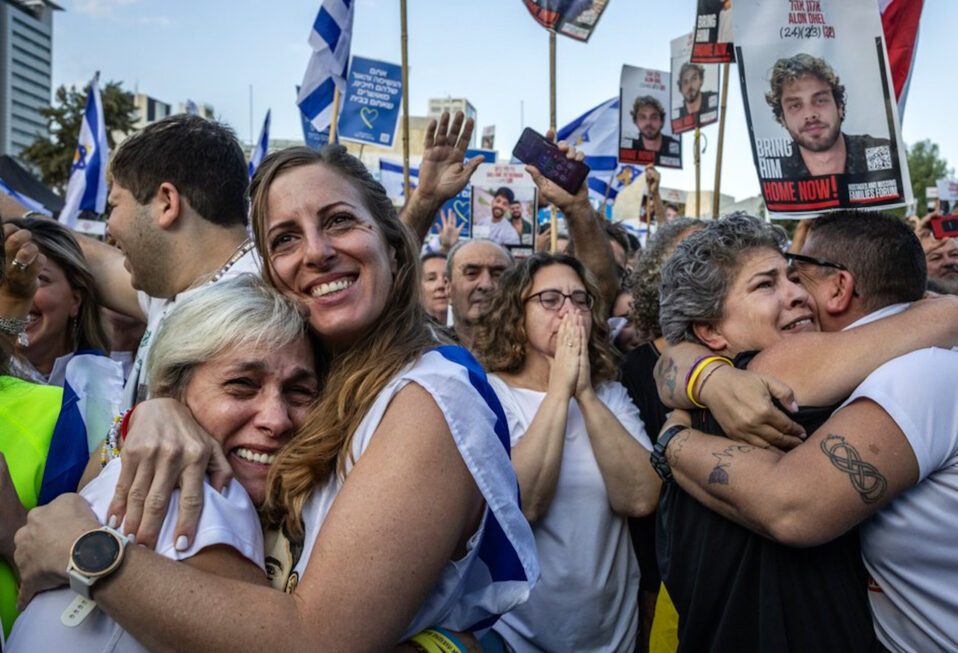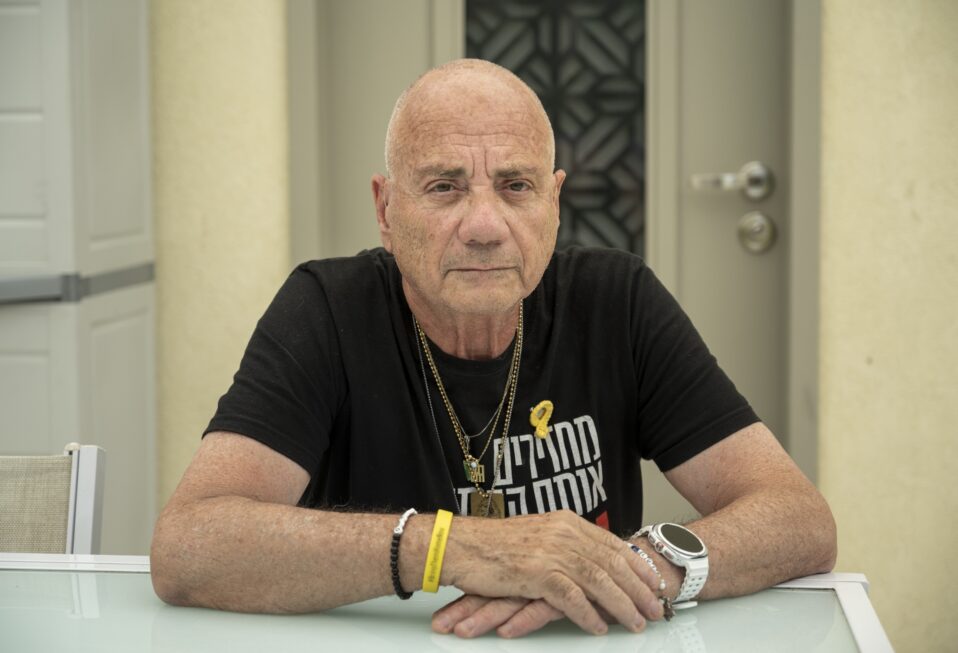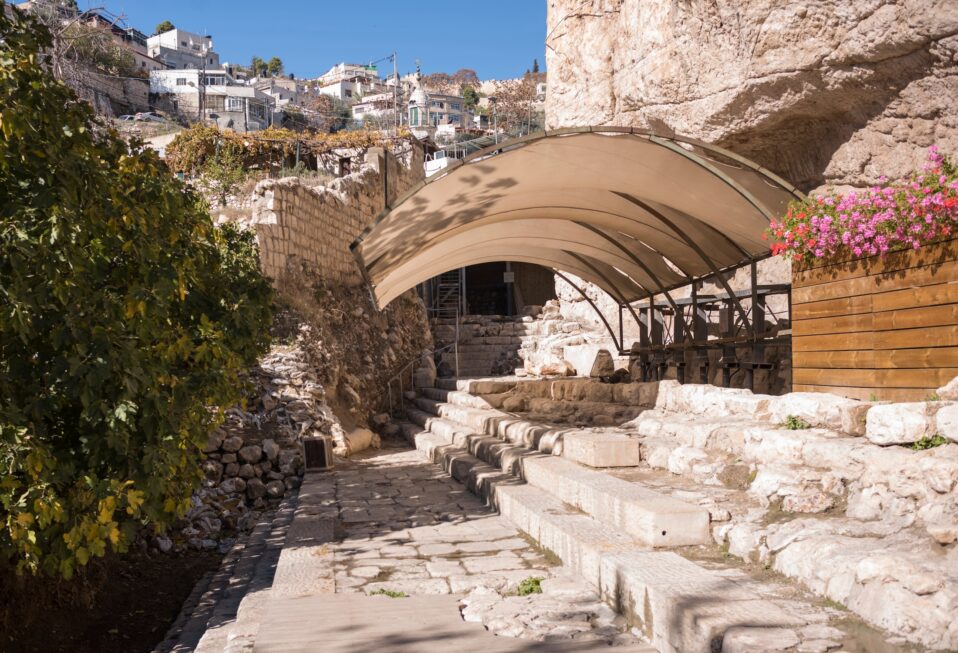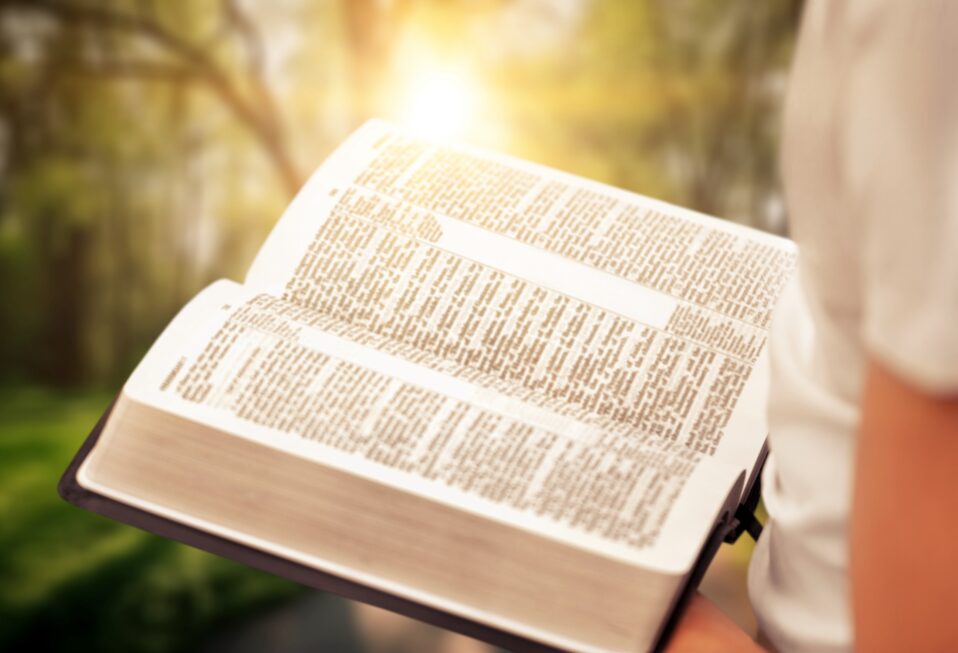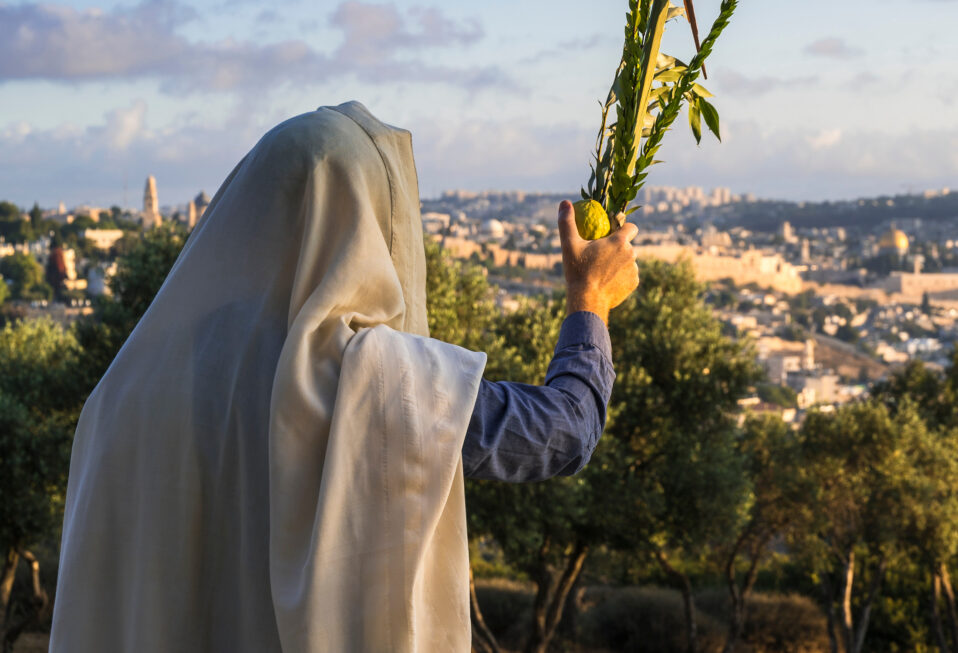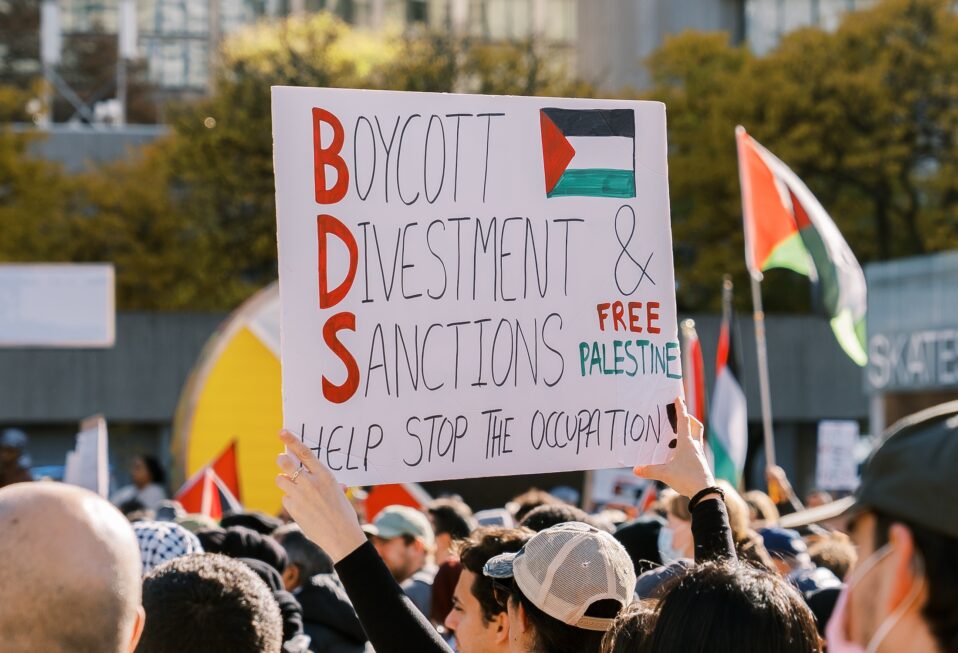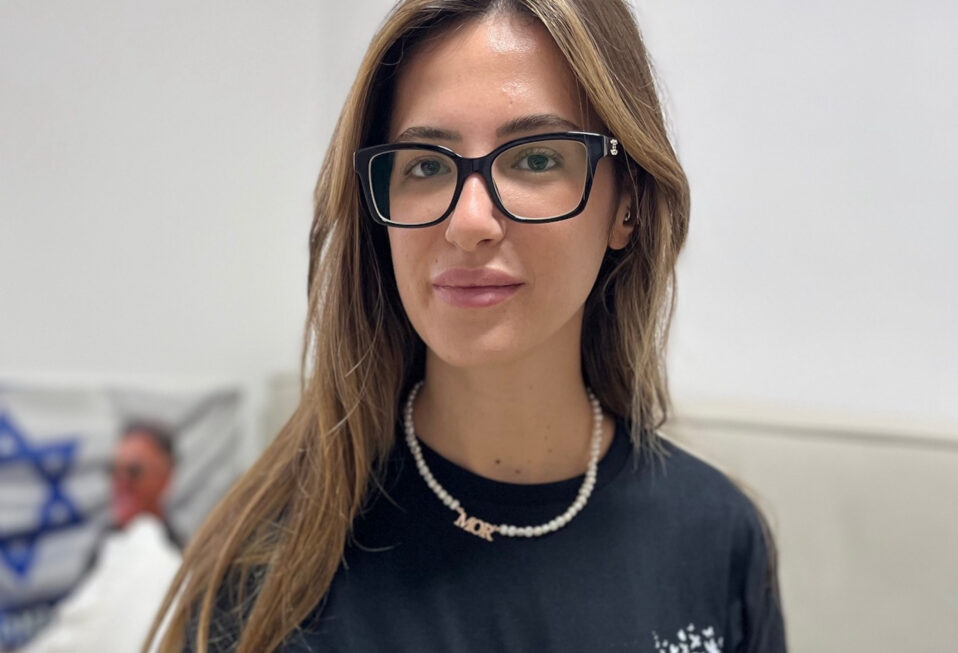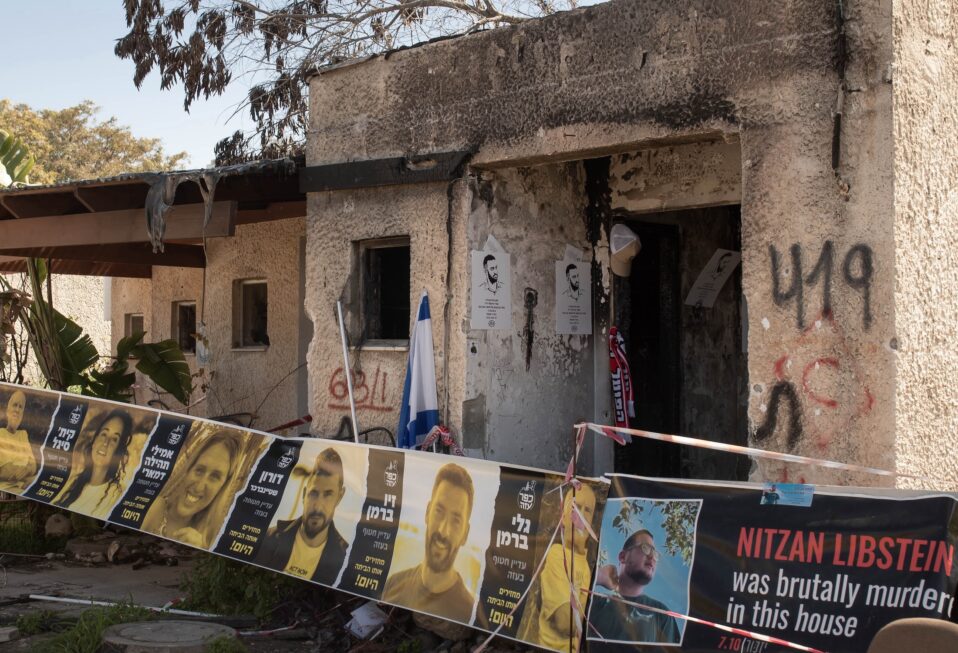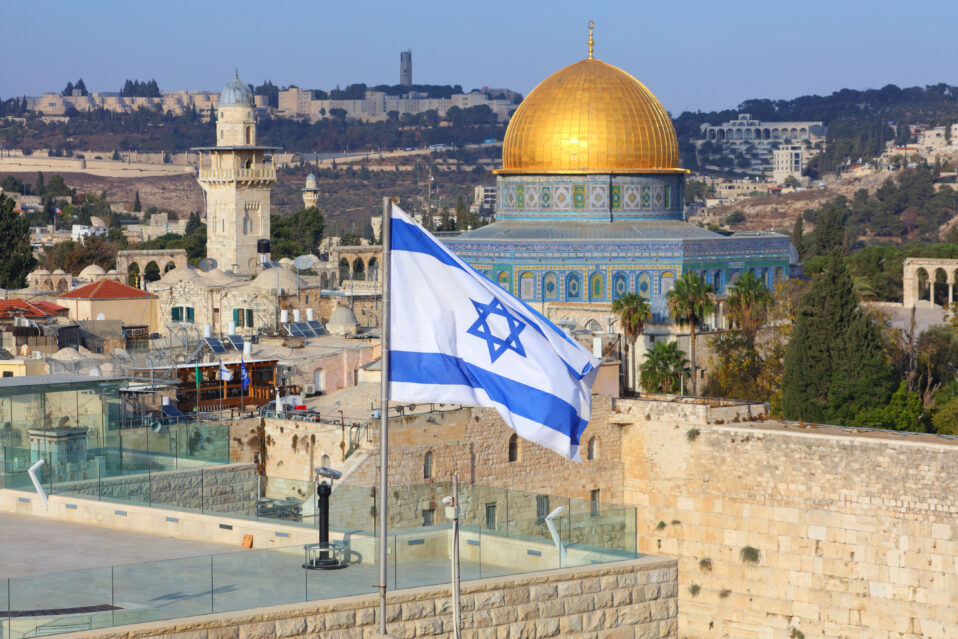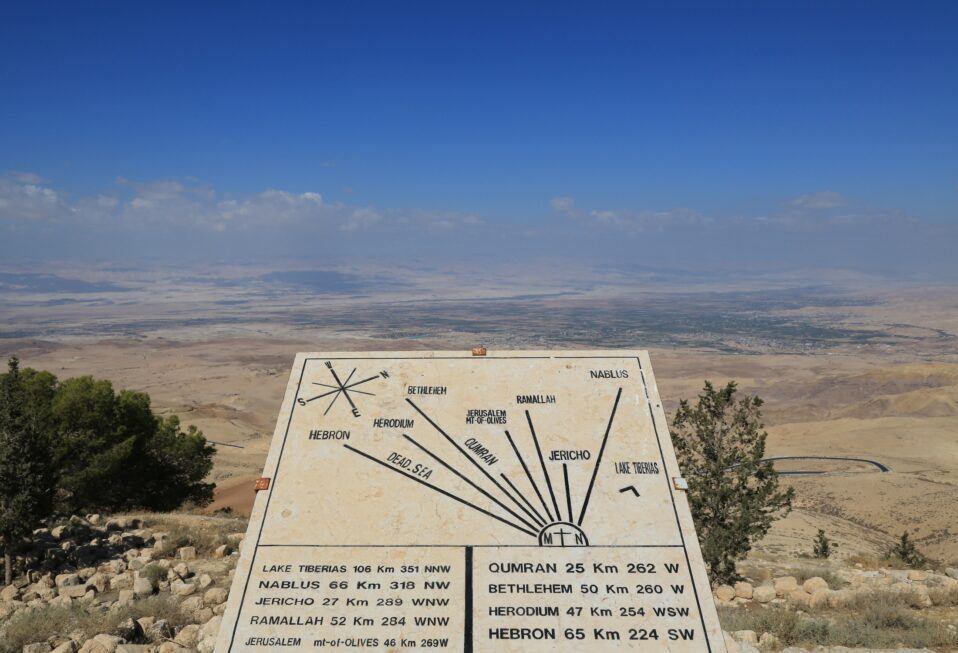Photo Caption: Homes in Kibbutz Kfar Aza riddled with bullet holes and displaying photos of residents killed or taken hostage following Hamas’s deadly rampage.
By Stephen Faircloth
On October 7, 2023, the people of Israel endured their darkest day since the Holocaust. In a coordinated attack, Hamas terrorists crossed into southern Israel, murdering 1,200 civilians, abducting more than 250 hostages, and committing atrocities too horrific to fully describe.
Families were slaughtered in their homes. Women were abused in unimaginable ways. Even babies and elderly Holocaust survivors were not spared. For Israel, October 7 was not simply another day of conflict. It was a cruel reminder that the hatred fueling centuries of antisemitism is still alive.
For Christians, this day should never fade into distant memory. Just as September 11 became a defining moment for America, October 7 has become a watershed moment for Israel. It was not only Israel’s tragedy but ours as well, since more than forty Americans were killed that day. Their blood was shed alongside their Israeli brothers and sisters.
From the earliest pages of Scripture, God’s covenant with Abraham established a divine link between Israel and the nations: “I will bless those who bless you, I will curse those who treat you with contempt, and all the peoples on earth will be blessed through you” (Genesis 12:3).
This covenant is not an artifact of history. It remains alive today, a promise that explains why the survival of Israel has always testified to the faithfulness of God. Every attempt to destroy the Jewish people has failed, and it will continue to fail, because the Lord has promised that they will never be uprooted from the land He gave them.
In the aftermath of October 7, Israel responded with extraordinary courage. Within hours, the Israel Defense Forces mobilized to dismantle Hamas’s terror infrastructure. Strikes were carried out against Hezbollah in Lebanon and Iranian proxies in Syria and Iraq.
In cooperation with the United States, Israel struck at Iran’s nuclear facilities, dealing a decisive blow to an existential threat. These actions were not symbolic but essential to Israel’s survival. Each young soldier who defends the homeland does so knowing they are protecting not only Israel but also the values of faith, freedom, and life cherished around the world.
Yet the battle is not only military. War today is fought on the field of public opinion. In the first days after October 7, the world recoiled at Hamas’s savagery. But within weeks, the narrative shifted. Suddenly Israel, not Hamas, was accused of genocide and oppression. This inversion of truth is nothing new. It echoes centuries of antisemitic lies, from medieval blood libels to Nazi propaganda.
The truth is that Israel has gone to unprecedented lengths to protect civilians, warning residents of Gaza to evacuate, opening humanitarian corridors, and even pausing operations to allow the delivery of aid. Hamas, on the other hand, hides behind civilians, tunnels under hospitals, and uses schools as weapons depots.
The Bible warns that a day would come when people would call evil good and good evil. That day has arrived. Christians must refuse to be deceived.
October 7 also unleashed a surge of antisemitism around the world. In Europe, mobs chant “Death to the Jews.” In America, Jewish students are harassed on college campuses and synagogues live under constant threat.
Antisemitism is not merely hatred of a people. It is rebellion against the God who chose them. For Christians, silence in the face of antisemitism is complicity. To bless Israel is to bless God’s covenant. To ignore or excuse antisemitism is to oppose His purposes.
Despite the horrors of October 7, Israel still longs for peace. History shows this. Israel has made peace with Egypt and Jordan, signed the Abraham Accords with several Arab states, and reached out to nations once hostile. Peace is possible, but it will never come through appeasing terror.
No nation can coexist with an enemy sworn to its destruction. Real peace will come only when terror is defeated and truth prevails. The prophets envisioned a day when nations will beat their swords into plowshares, and while that day has not yet come, we can pray in faith that God’s promises will be fulfilled.
The question before Christians in America is simple. Will we stand with Israel? Our response must be prayer, advocacy, and blessing. We must pray for the peace of Jerusalem, speak the truth in a world of lies, and support Israel through generosity and solidarity.
The light of Israel has not been extinguished. It continues to shine as a testimony of God’s covenant-keeping faithfulness. As followers of Christ, we are called to ensure that it shines brighter still until the day He fulfills His promises in full.
In remembrance of October 7 and in steadfast support of Israel and the Jewish people, we invite you to stand with CBN Israel as we confront antisemitism, defend truth, and bring comfort and hope to those who still suffer today.
GIVE TODAY
Prayer Points for Israel
- Pray for the people of Israel, asking God’s protection over every community as they live under multifront threats.
- Pray for comfort for the bereaved who remember October 7, 2023, and for all mourning loved ones lost since then.
- Pray for emotional healing for survivors of trauma and for those battling post-traumatic stress to receive wise counselors, strong community, and lasting restoration.
- Pray for wisdom, courage, and unity for Israel’s leaders and defenders as they pursue peace and security for the nation.
- Pray for truth to prevail over propaganda and confusion, for discernment online, and for journalists to report with accuracy and integrity.
- Pray for Christians and Americans to stand in faithful solidarity with the Jewish people and to reject antisemitism and false narratives.
- Pray for a just and lasting peace that alleviates Palestinian suffering while safeguarding Israel’s right to live in security.
- Pray for the CBN Israel team serving displaced families and terror victims, and for the CBN News team in Jerusalem to report truth with boldness, wisdom, and protection.
Stephen Faircloth is the President of CBN Israel, an initiative dedicated to sharing the true story of the Jewish nation and inspiring a global community of Christians to stand with Israel and support her people in need. Our vision is to reshape the global conversation about Israel by fostering understanding, hope, and healing between Jews and Christians around the world. For more than 50 years, the Christian Broadcasting Network has supported Israel. By joining CBN Israel, you become part of this enduring legacy, transforming lives today and strengthening Christian support for Israel for generations to come.




